This post is also available in:
 Tetun
Tetun
In Timor-Leste, we are known for having a tough character. Throughout our small country’s road to independence, our community has faced upheaval and disruption, and now like the rest of the world, we are bearing the impacts of the COVID-19 pandemic. I have faith we will be able to face up to and adapt to this challenging time, because when the going gets tough, the Timorese get going.
In true Timorese style, I joined Blue Ventures in September 2016 because I wanted a new challenge.In true Timorese style, I joined Blue Ventures in September 2016 because I wanted a new challenge. Having worked for various international organisations in community development in Timor-Leste since 2002, I thought I understood the difficulties that the communities I served were facing. But during a visit to a family I was working with in the southern part of the country, my opinions changed. Living with the ocean on their doorstep, one day they turned to me and said, “Look Maun*, our fish here are disappearing every year. When we were children, we could take two steps from our front door and lots of fish would swim around us. Now, it’s totally different. What happened to our ocean?”
I had no answer for them.
The question kept me up at night – after 15 years of working with communities in Timor-Leste, how could I not know the reason for this change in their environment? From that moment, I began searching for the answer in the form of a new job in marine conservation, and came across an opportunity at Blue Ventures.
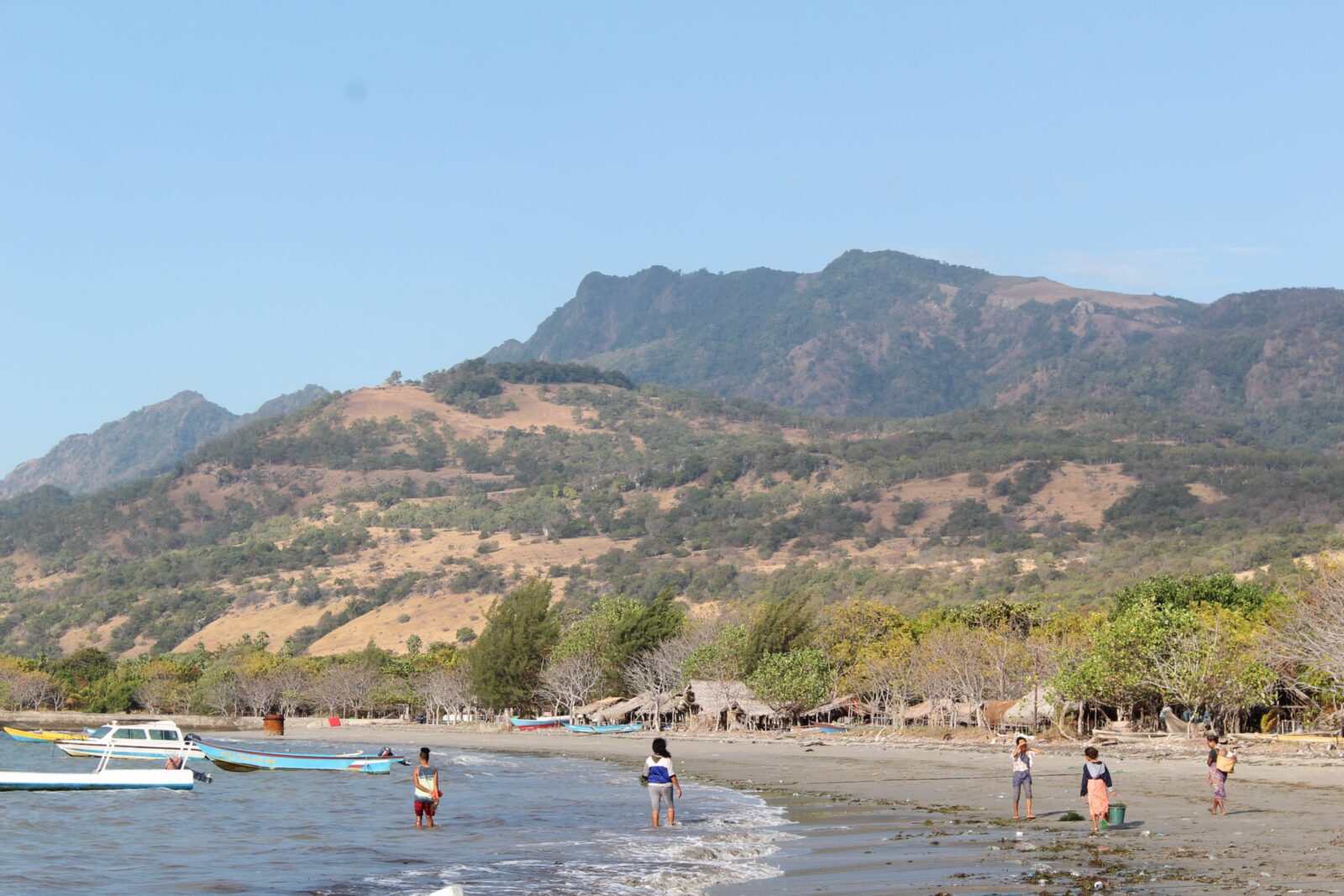
Coastal communities in Timor-Leste living along the country’s shorelines have noticed a change in their marine environments | Photo: Roni Levy
For my new job, I had to make the jump from land-based community development to ocean conservation. It wasn’t easy, and it’s fair to say that the challenges haven’t slowed down since.
In March I was appointed acting country manager of the Blue Ventures’ team in Timor-Leste and I am now responsible for our COVID-19 response in the country, leading an all-Timorese team – Dedy, Armindo, Mima and Cristina. For Mima, Armindo and Dedy, the first challenge was to carefully monitor the impacts that the pandemic is having on the communities that we partner with here, who mostly rely on fishing or ecotourism (such as homestays) to support themselves and their families.
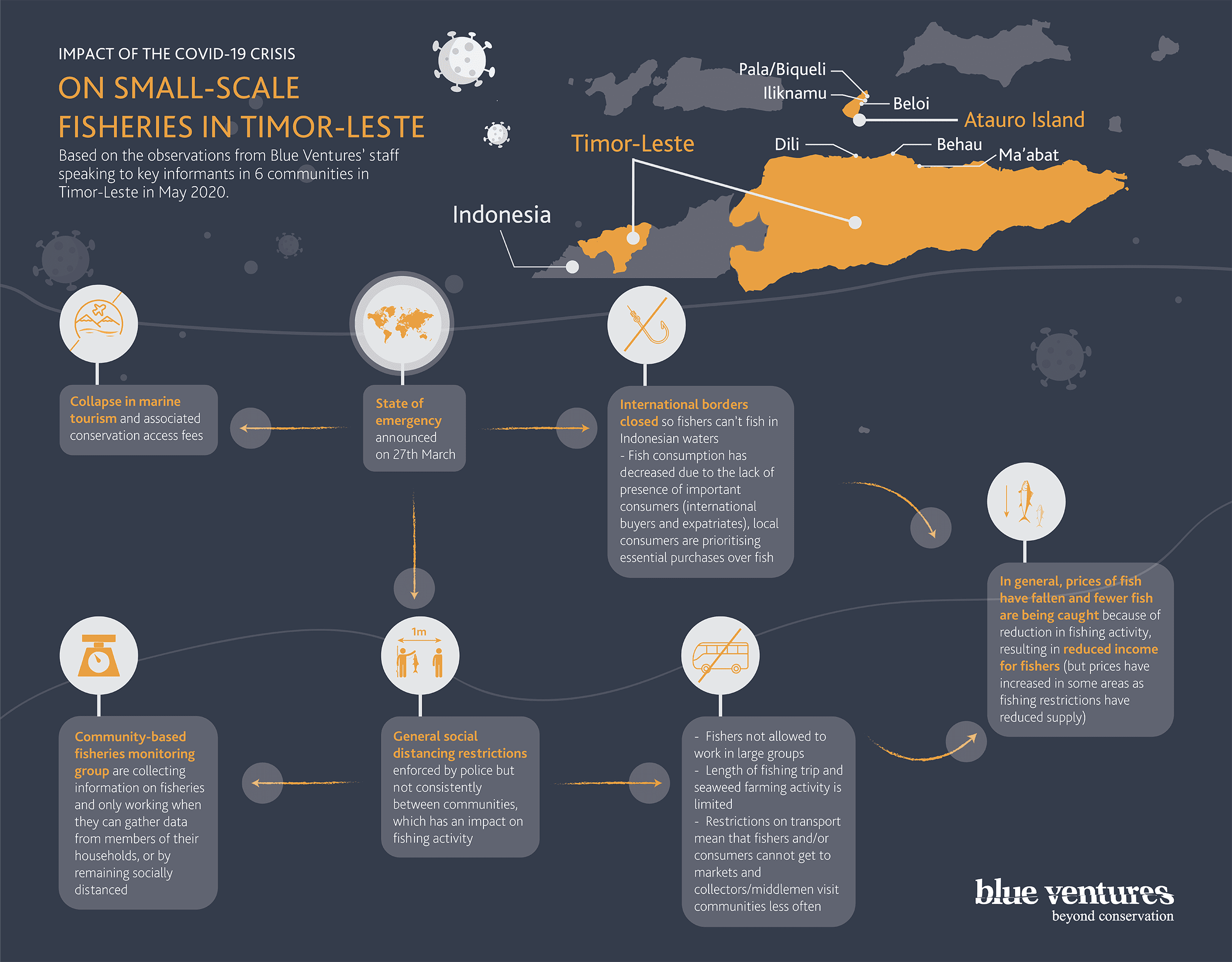
Information gathered by the team to map the COVID-19 crisis on small-scale fisheries in Timor-Leste
Economically, everything is down. Restrictions on travel have affected our supply of goods, which usually come from Indonesia and Australia. This means that we are having to rely on local markets, but these are increasingly unstable. In general, the prices of fish have fallen and fewer fish are being caught, yet when I visited Atauro island just a few weeks ago, I saw fish being sold for $10 (US dollars), when usually they would cost between $5-$7. Meanwhile, sellers of rice, vegetables and other essential goods have upped their prices.
So far, there have only been 25 reported cases of COVID-19 with no deaths, but it is clear that the virus’ impacts are killing the microeconomy of Timorese people.So far, there have only been 25 reported cases of COVID-19 with no deaths, but it is clear that the virus’ impacts are killing the microeconomy of Timorese people.
Socially, the pandemic has also had a major impact. Timor-Leste is a very sociable country; we are always gathering together, whether for the birth of a new baby or just to share a meal with family. When we first heard about social distancing, people actually found it quite an amusing concept. But now we’ve adapted, I’ve been surprised at how well people are getting used to it. Although it isn’t in our culture to be apart, we know that we’ve got to keep each other safe.
Working for a marine conservation organisation that relies on a strong presence within communities, the rules and regulations of COVID-19 have really tested us. We’ve not only had to adapt within our team (with many of our colleagues repatriated to their home countries), but we’ve also had to come up with new ways to support communities.
Since the pandemic reached us here in Timor-Leste and restrictions were put in place, we have suspended most of our in-person conservation support, but that hasn’t stopped us from maintaining our relationships with community partners; like many people around the world, we’ve become hugely reliant on our digital devices. I spend much of my time on the phone, either calling my team on the ground or speaking to local authorities and village chiefs to find out what they need.
During the State of Emergency, strict fishing restrictions were in place. Dedy and Cristina continued to support the community-based fisheries monitoring (CFM) groups via daily phone calls and setting weekly tasks to maintain relationships. These tasks were designed to build on what the CFM groups were already doing and to maintain their skills in data collection. Now that the State of Emergency has been lifted, the CFM groups are back to business as usual, but are following social distancing and public health guidelines.
Where possible, we have been going to visit communities in order to deliver hand washing facilities to isolated communities and to translate accurate health and safety guidance. On a recent visit to Atauro, myself and Dedy delivered face masks and hand sanitisers. As the situation evolves, we will continue to work together to ensure we are supporting our community partners in a way that responds to their needs.
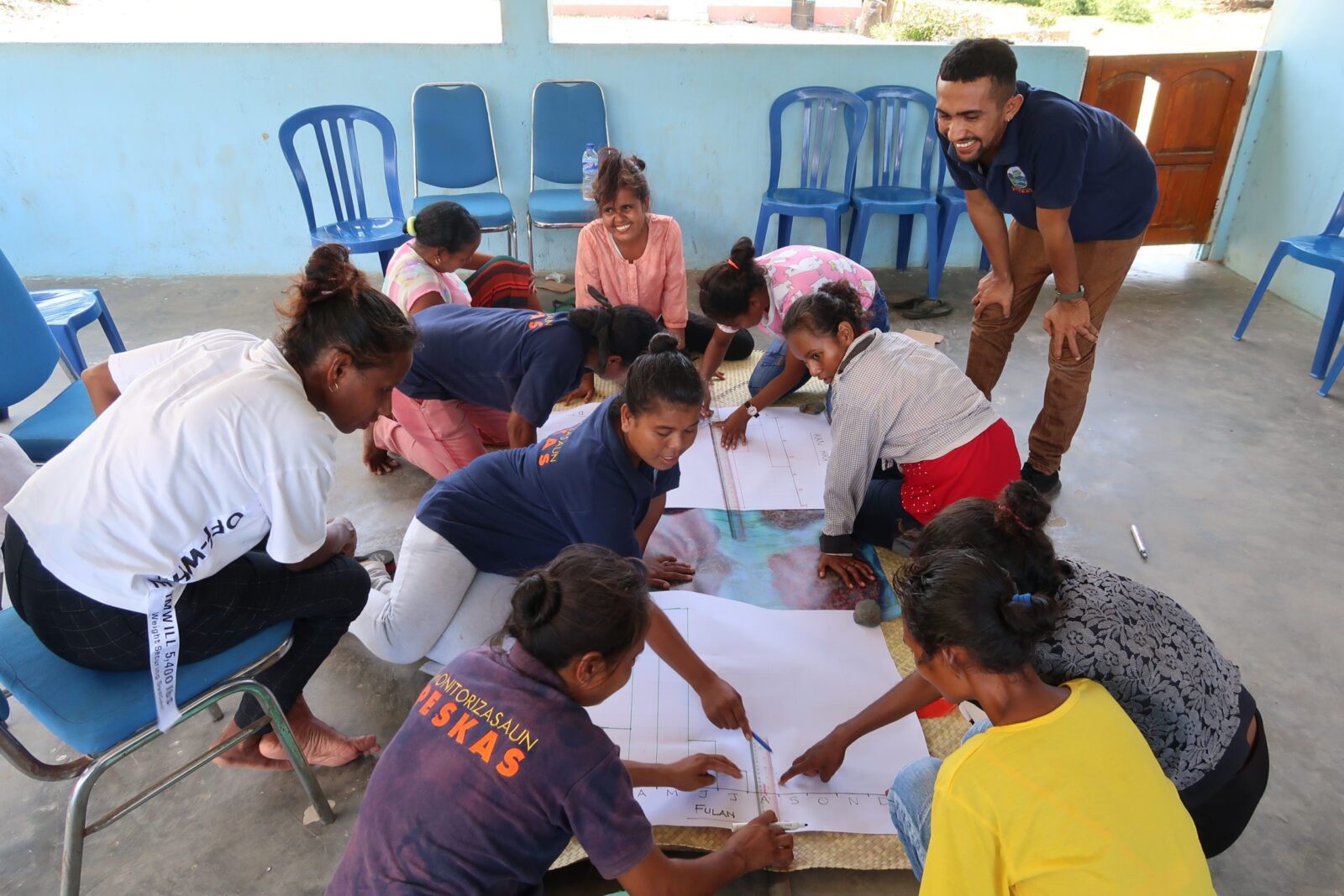
A CFM in action in Behau, pre-COVID-19 | Photo: Jenny House
For me personally, taking on the role as acting country manager has certainly been a challenge. I have been with Blue Ventures for nearly four years, and I’d hoped to continue to grow within my role and begin to take on more managerial responsibilities, so when I was offered the opportunity to act as the country manager, I of course said yes.
I’m proud that we’ve proven our ability to navigate a crisis and continue to always put communities first.Not only did I have faith in myself, but I also had faith in our small but mighty team. While our international colleagues support us from afar, our headcount is low – you could count us on your fingers – but we’ve got that tough Timorese character that just doesn’t give up. Of course there will be difficulties ahead, but I find it hard to see them because I know I have a team that I can rely on. I’m proud that we’ve proven our ability to navigate a crisis and continue to always put communities first.
When I first applied for my job, Blue Ventures’ value of ‘communities first’ is what made me fall in love with the organisation, so if I ever feel lost in my new role as acting manager, I return to that same value. As long as we stick together as a team and remember why we are here – to enable communities to safeguard their own futures – then I have no doubt that we will continue to grow stronger and be able to face whatever challenge comes next.
*Maun means ‘big brother’ in Timorese, and is used as a term of endearment and mutual respect.
Blue Ventures would like to thank our supporters and funders including the Darwin Initiative through UK Government funding.
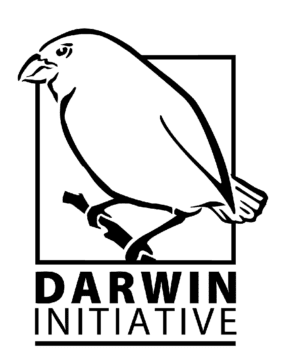
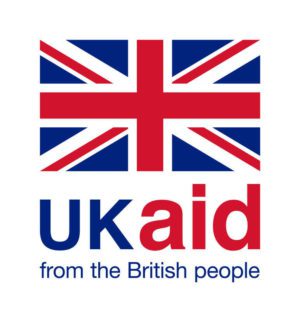


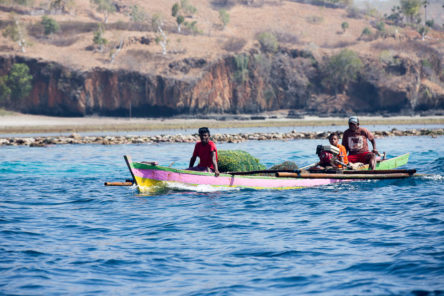
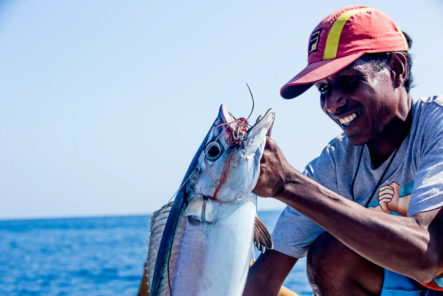
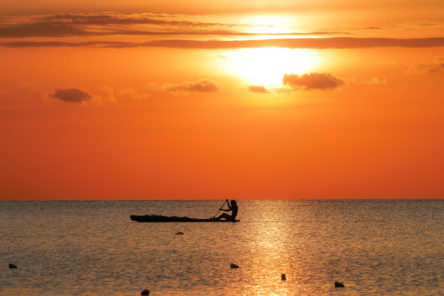

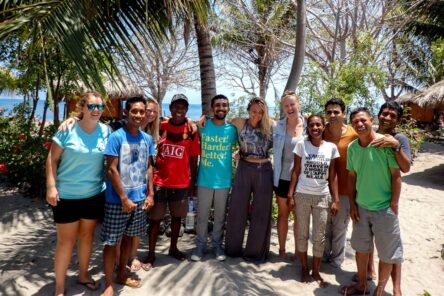
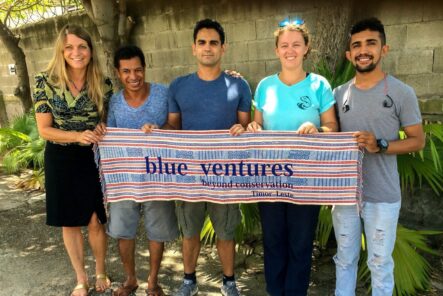
I am really pleased to see that Ollie has risen to be Operations Manager for BV Timor-L’Este. When I was on Atauro as a volunteer, he was an important link in the BV program, and it was clear that he had more to offer than his position used at that time.
I am also happy to hear that Mima continues as a strong member of the BV team. When I think of Atauro/Timor L’Este, she is the person I think of first – energetic, committed, caring and capable.
If either of these folks can suggest a way for me to contribute and support BV’s program there, I hope they email me soon!
Hi Ollie, really nice to read your story. I recognize the spirit of the Timorese people! These are tough times, but keep up the good work! We just missed each other, because I left Atauro in August 2016, having stayed there with Blue Ventures for 6 weeks. Coming from the Netherlands I am living in Jakarta now. As soon as we may travel again, I would love to visit Timor-Leste again!
Send my love to Mima, so good she is still there!